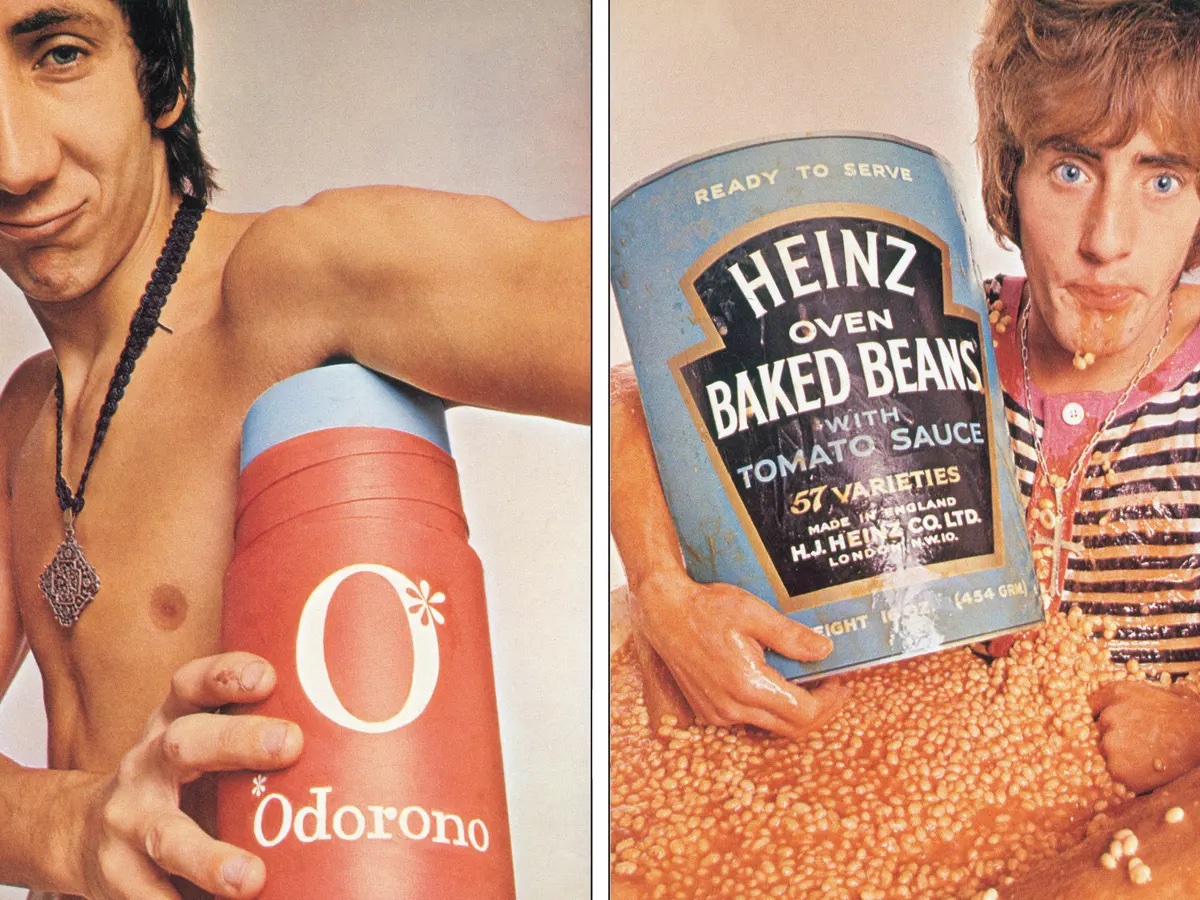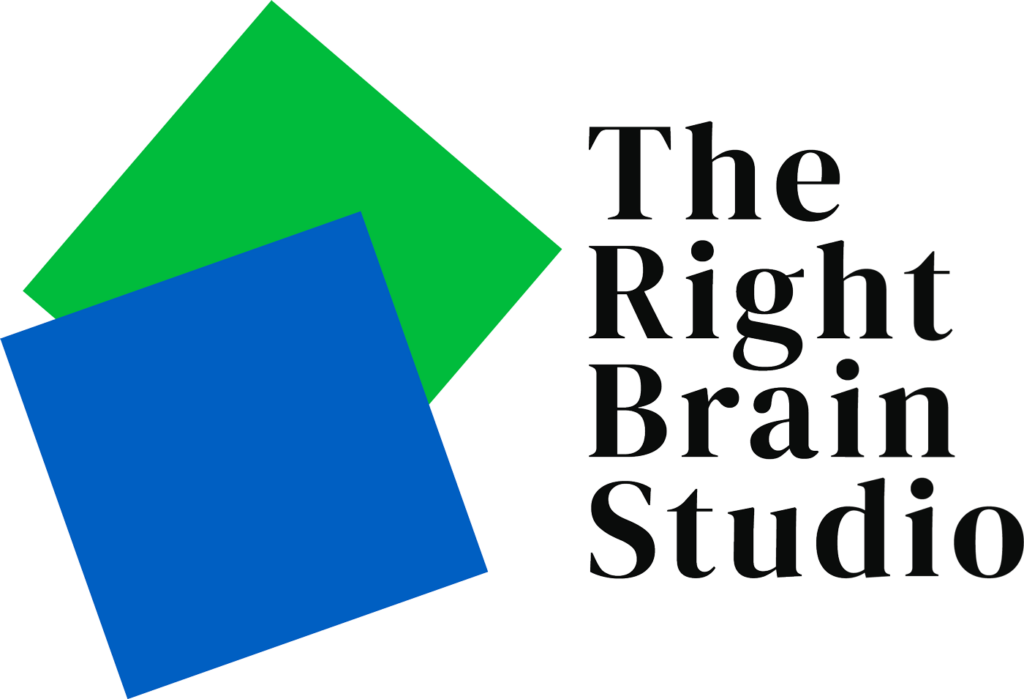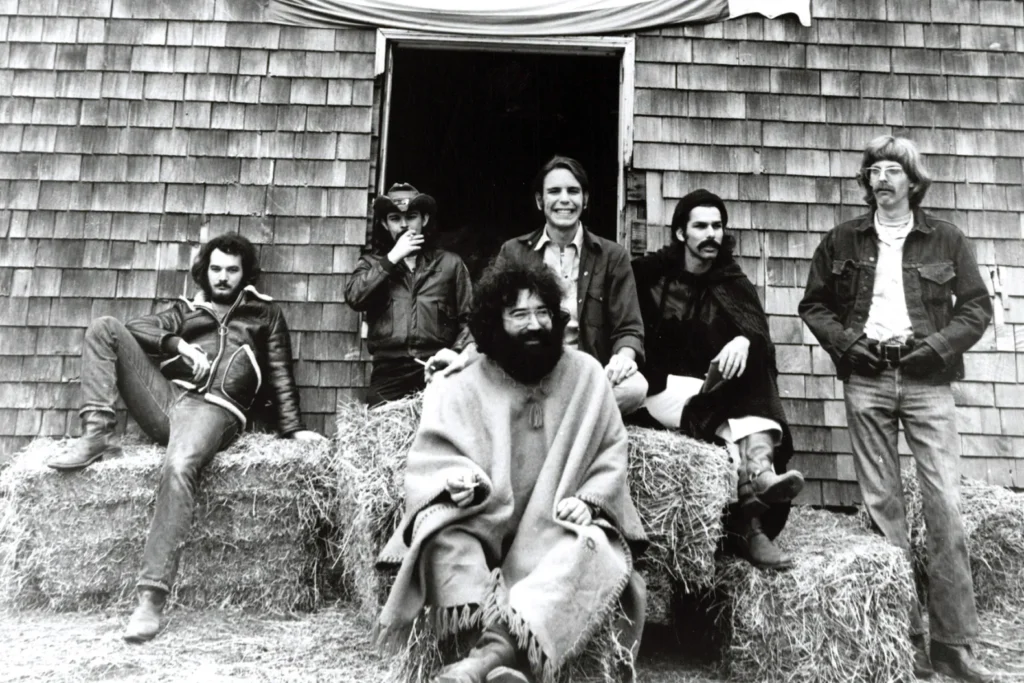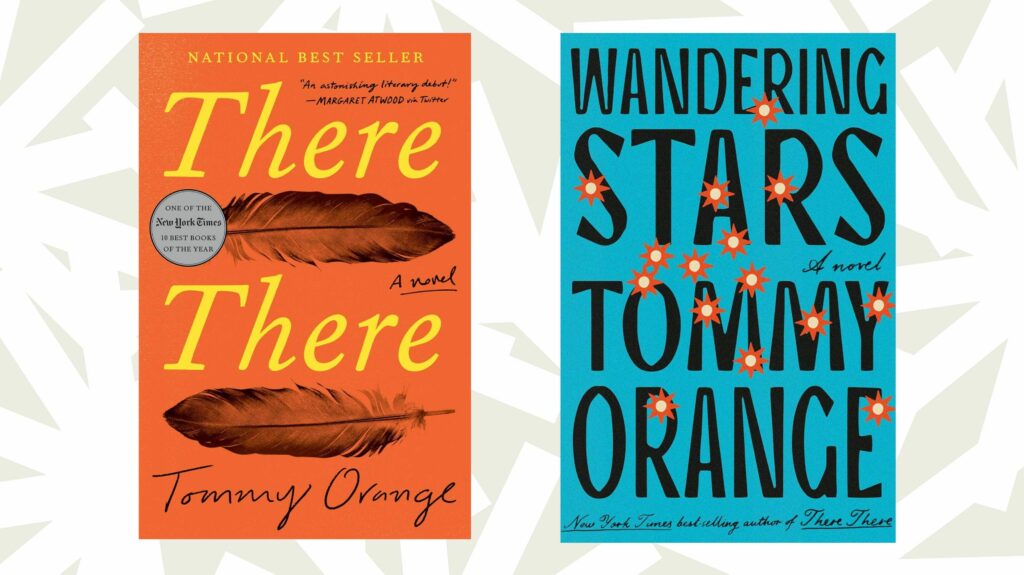 Are you a sell out? Is your aim to give the people what they want? Or are you an artist, creating what you feel, what you absolutely need to express, economics be damned?
Are you a sell out? Is your aim to give the people what they want? Or are you an artist, creating what you feel, what you absolutely need to express, economics be damned?
By definition, all of us are in the marketing business are sellouts to some extent. We give people what they want and that’s a fine recipe for success.
But if you’re interested in changing the world, changing your brand, or changing yourself, it only gets you so far.
Dan Brooks wrote a provocative piece for The Guardian this week with the headline, “In the 90’s, we worried about Nirvana ‘selling out.’ I wish that concept still made sense.”
Brooks points out that selling streams on the internet rather than records in a store had the benefit of amassing more and better data on what sold and what didn’t. This should be a marketer’s dream, but he goes on to argue that instead of looking outward to discover new artists and new sounds, it made music boring. The blogger @boblefsetz frequently talks about the same issue. If you’re looking to what’s already popular and with an emphasis on emulating rather than creating, you get stuck in a stagnant pool of mediocrity. As the Guardian article puts it:
…There is something wrong with popular culture in the 21st century, isn’t there? You don’t have to be a middle-aged punk to think that it feels less surprising and alive than it once did. The entertainment industry in general and music industry in particular have become exceptionally good at selling the maximum number of units, but selling units is not what music is for. As flawed as the idea of “selling out” was, it captured one incontrovertible truth: only a fool would write a song to make money. You write a song to surprise yourself, to give other people what they never knew they wanted. Perhaps what is missing from popular culture in the 21st century is sufficient contempt for those who give us what we asked for already.
Sadly, the creative world described above, with some exceptions, no longer exists. Everything is derivative. You only have to look as far as the top box office films of 2022 for confirmation. Each of the top ten are sequels. This mirrors what’s going on in the music business, where Brook’s says, “Big data has helped the music industry sell us only what we already like – but the results are less alive and less surprising.”
AI will exacerbate the problem, likely on a grander scale. Sure, it can write and perform a movie, a book, or a song. It can also create new products and services, but in each case, it’s simply drawing on what’s in the database already. With everyone relying on the same database for “original” material, we’ll be copying from the copiers before we know it.
Again, from the Guardian piece:
“Obviously, you want your entertainment to entertain you. Paradoxically, though, it is less entertaining to watch a musician – or, for that matter, a writer or film-maker or comedian – do only what they think you want. We prefer the work of artists who to some degree do what they want. That’s probably because such work is more likely to surprise us, and the element of surprise is necessary to feel like culture is moving forward.”
We need that element of surprise in marketing as well.
Steve Jobs, famously, cared little for what the people wanted. He identified needs that people didn’t know they had yet. I’m not sure how many of Apple’s hugely successful products would have ever made it to market had they been managed by a more traditional executive focusing on “best practices.” Actually, we have solid evidence of this. The company nearly disappeared when Jobs stepped aside to have the “grown-up,” John Scully, ex-Pepsi CEO, take over. It wasn’t until Jobs came back and launched the “Think Different” campaign that Apple really hit its stride.
Marketing science relies on data from the past. Even “real time” data becomes the past in the blink of an eye.
The future, as always, belongs to the bold, the artists who see things differently and have the courage of their convictions to see their visions through to success or failure.
In this sense, predictability and best practices are not what we need. You can give the people what they want and get by. But to move the needle, data and technology will only get us so far. As it’s always been in history, it will be people who are fearless, independent, curious, and creative who will really change the world.



